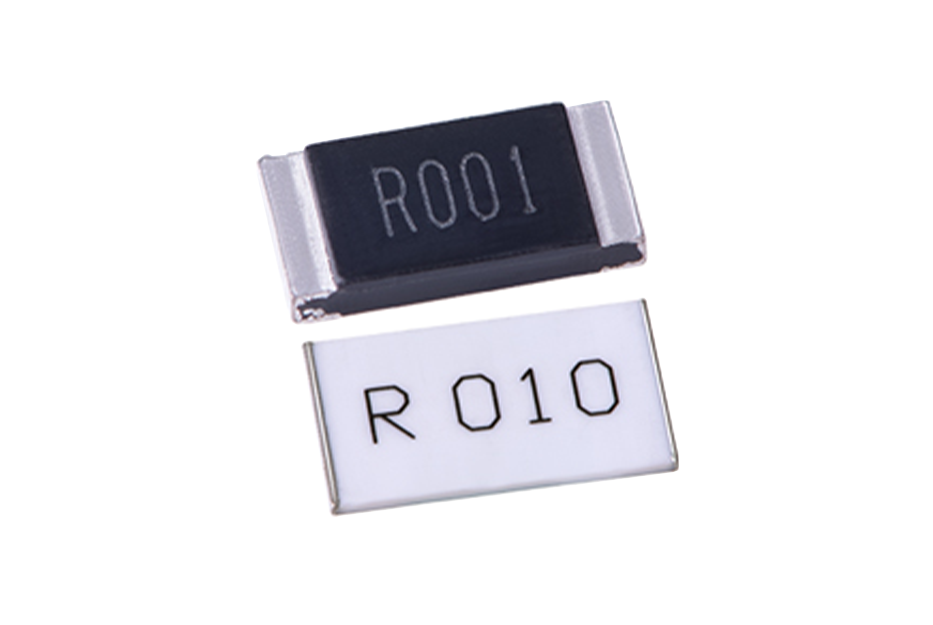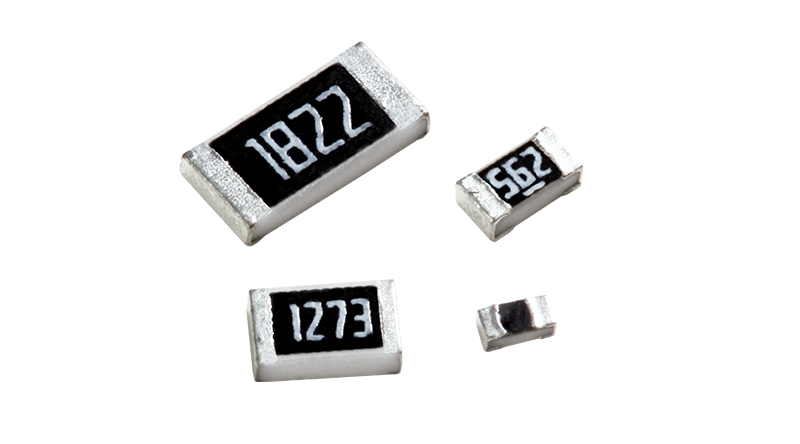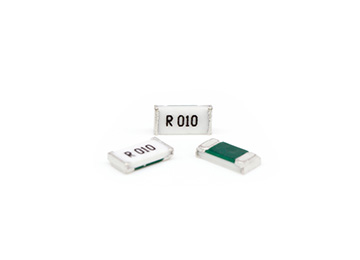hnstshop.com/product-list/R09-p1-l10.html" target="_blank">Alloy resistor refers to a resistor made of metal alloy, which mainly plays a role in current detection in circuits. Therefore, the stability requirements for the product are extremely strict. So the materials of alloy resistors play a crucial role. The following will introduce the main materials of alloy resistors: MnCu alloy, FeCrAl, Cu, KAMA, CuNi, CuNi, Ni Cr, MnCuSn, and so on.
1. Manganese copper alloy: It has high stability and can produce ultra-low resistance alloy resistance, with a resistance value generally ≤ 0.004R (4mR)
2. Iron chromium aluminum alloy (FeCrAl, Cu): High power, low-temperature drift, low cost. Resistance value ≥ 0.004R (4mR), with parasitic inductance
3. KAMA alloy: The resistance value of conventional alloys is acceptable, with the addition of precious metal materials, which have characteristics between manganese copper alloy and iron chromium aluminum alloy. This material has the highest cost, so there are few manufacturers producing it.
4. CuNi alloy: low temperature coefficient, wide temperature range (≤ 480 ℃), corrosion-resistant, easy to weld.
5. Nickel copper alloy (CuNi): High temperature resistance, good wear resistance, easy welding, and no parasitic inductance.
6. Nickel chromium alloy (Ni Cr): commonly known as stainless steel, is an alloy with high strength and corrosion resistance.
7. Manganese copper tin alloy (MnCuSn): mainly used for producing ultra-low resistance values, with resistance values ≤ 1mR (0.001R)

The above are the main alloy materials of alloy resistance. To select the right products, you need to have a good understanding of the materials of alloy resistance, so that you can select the right products. If you need to know more product information, please follow the WeChat official account "Huanian Mall", or consult our customer service personnel.


